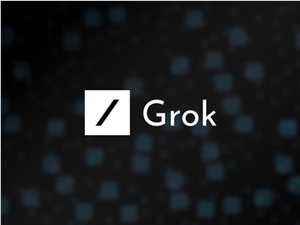OpenAI has recently introduced a new technology called Prover-Verifier Games (PVG), aimed at addressing the "black box" issue with AI model outputs.
Imagine having a super-intelligent assistant, but its thought process is like a black box, and you have no idea how it reaches its conclusions. Does this sound a bit unsettling? Exactly, this is a problem faced by many large language models (LLMs). They are powerful, yet the accuracy of their generated content is hard to verify.

Paper URL: https://cdn.openai.com/prover-verifier-games-improve-legibility-of-llm-outputs/legibility.pdf
To tackle this issue, OpenAI has rolled out the PVG technology. In simple terms, it involves smaller models (like GPT-3) supervising the outputs of larger models (like GPT-4). It's akin to playing a game where the prover generates content, and the verifier judges the correctness of that content. Sounds intriguing, doesn't it?
In this setup, the prover and verifier undergo multiple rounds of iterative training to enhance their capabilities. The verifier predicts the correctness of the content through supervised learning, while the prover optimizes its generated content via reinforcement learning. More interestingly, there are two types of provers: useful provers and cunning provers. Useful provers strive to produce accurate and persuasive content, whereas cunning provers attempt to generate misleading but equally persuasive content to challenge the verifier's judgment.
OpenAI emphasizes that to train an effective verifier model, a large amount of accurately labeled real-world data is needed to improve its recognition abilities. Otherwise, even with the PVG technology, there remains a risk of illegal outputs.
Key Points:
😄 The PVG technology resolves the AI "black box" issue by having smaller models verify the outputs of larger models.
😄 The training framework is based on game theory, simulating the interaction between provers and verifiers, thereby enhancing the accuracy and controllability of model outputs.
😄 A substantial amount of real data is required to train the verifier model, ensuring it possesses sufficient judgment and robustness.










